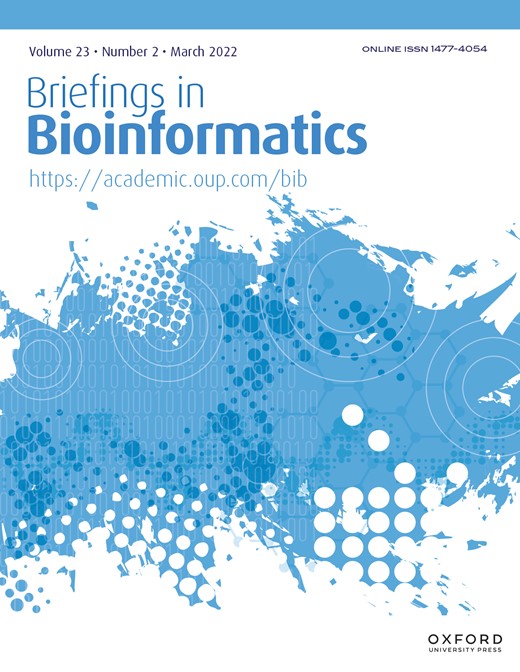※ GPS-Uber INTRODUCTION:
Ubiquitination is one of the most indispensable posttranslational modifications (PTMs). Through the catalyzing of E1s (ubiquitin-activating enzymes), E2s (ubiquitin-conjugating enzymes) and E3s (ubiquitin-protein ligases) (Kerscher et al., 2006), one or more ubiquitins can attached to the lysine residues of target proteins for the regulation of protein degradation and membrane trafficking. The substrate specificity and efficiency of the ubiquitin conjugation reaction are largely controlled by E3s, aberrances in either E3s or ubiquitied substrates are highly associated with human diseases including Parkison’s disease (Pickrell et al., 2015) and cancers (Mansouret al., 2018). In this regard, it is urgently needed to identify general and E3-specific ubiquitination sites for understanding the molecular mechanisms and regulatory roles of protein ubiquitination.
In this work, we developed GPS-Uber (GPS-Ubiquitn-protein ligase Enzymes-substrate relationship prediction) for ubiquitin-protein ligase enzymes-substrate relationship prediction. By using the 121,742 ubiquitination sites maintained in PLMD (http://plmd.biocuckoo.org/) as the training data set, a general model that integrated deep neural networks (DNN), convolutional neural networks (CNN) and penalty logistic regression (PLR) was first constructed for the prediction of ubiquitination sites. For E3-specific models, 1,117 experimentally identified E3-specific ubiquitination sites were collected from literature, transfer learning was then adopted for each E3 group, family and single enzyme. Altogether, GPS-Uber contains 111 individual predictors for the ubiquitination sites prediction of 182 E3s.
The GPS-Uber is freely available for academic research at: http://gpsuber.biocuckoo.cn/.
|
For publication of results please cite the following article:  GPS-Uber: a hybrid-learning framework for the prediction of general and E3-specific lysine ubiquitination sites
GPS-Uber: a hybrid-learning framework for the prediction of general and E3-specific lysine ubiquitination sitesChenwei Wang, Xiaodan Tan, Dachao Tang, Yujie Gou, Cheng Han, Wanshan Ning, Shaofeng Lin, Weizhi Zhang, Miaomiao Chen, Di Peng, and Yu Xue*. Briefings in Bioinformatics. 2022, 23(2), bbab574. [Abstract] [FREE Full Text] [PDF][Supplementary Data] |

